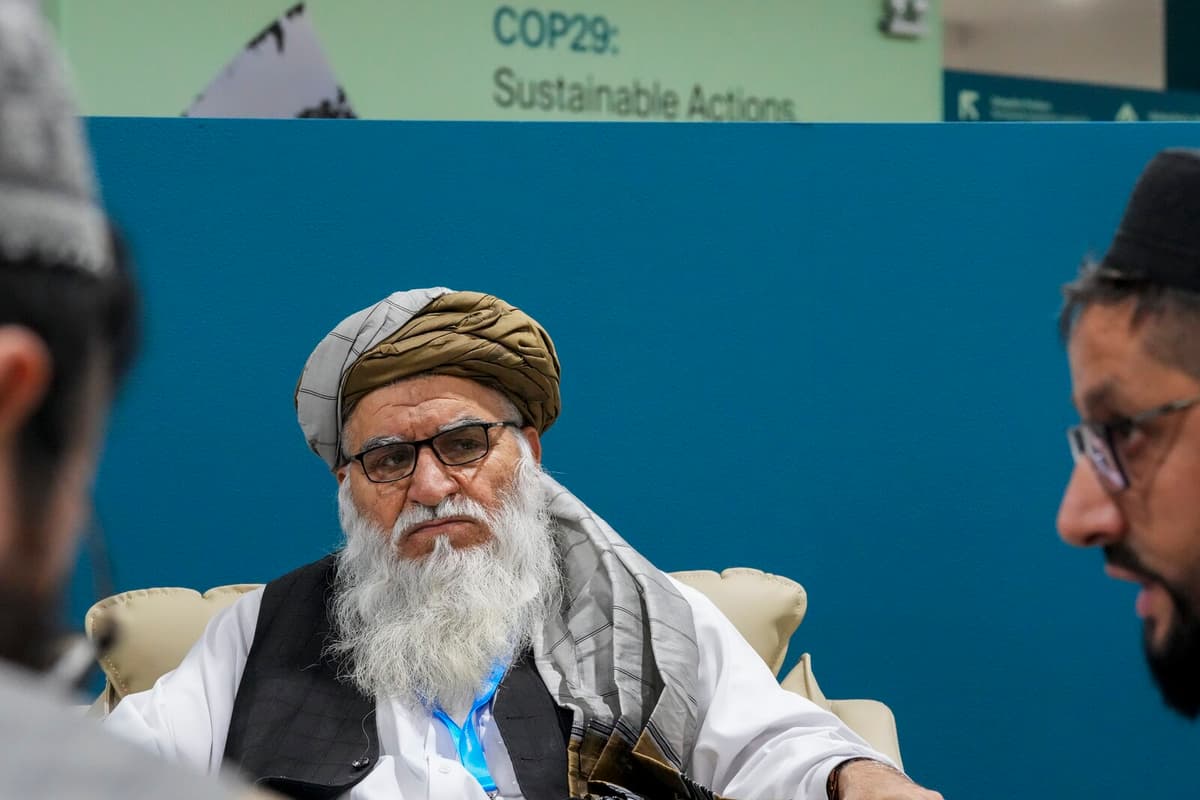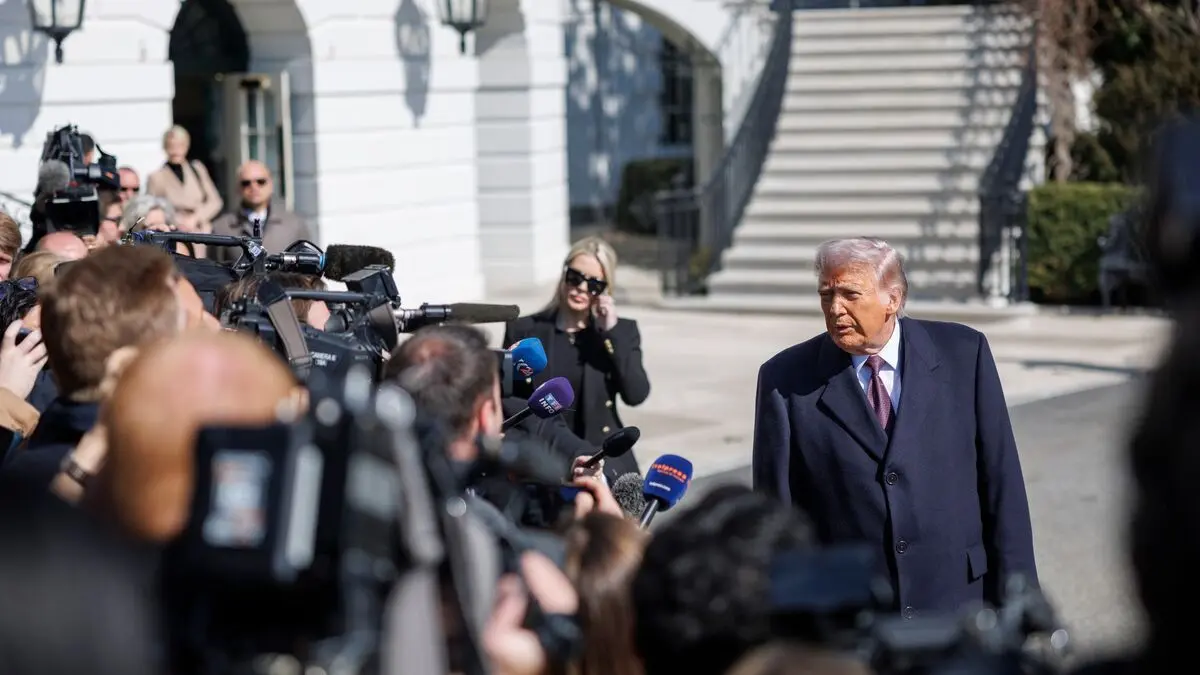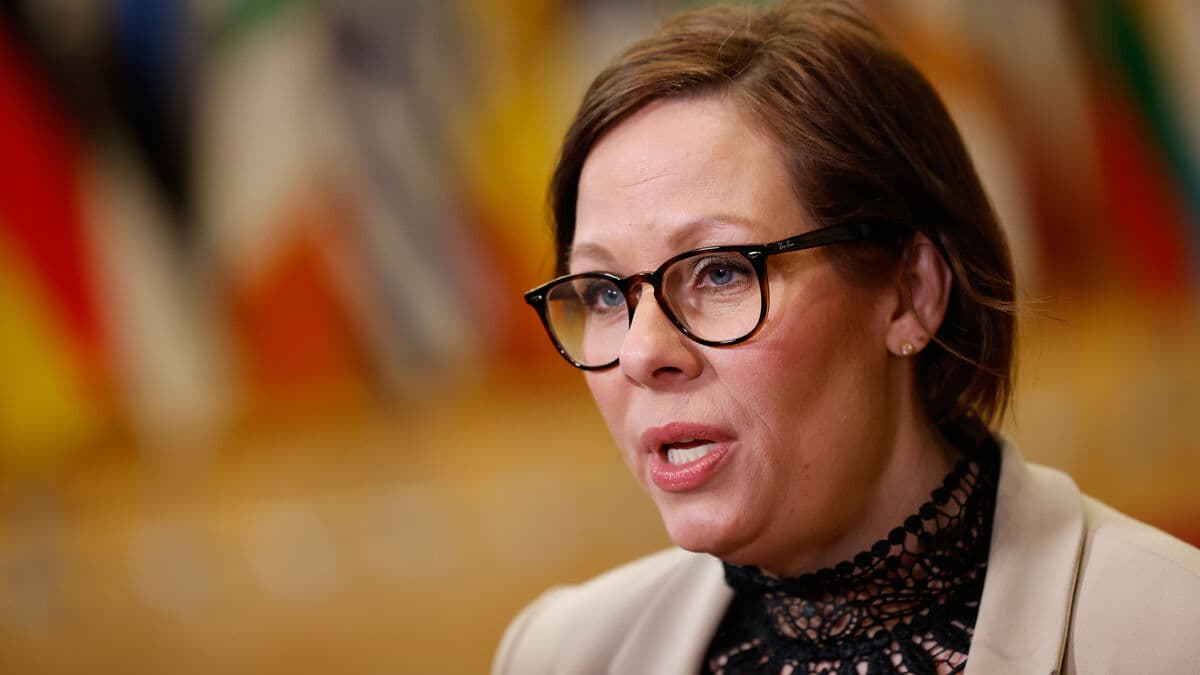The Taliban-led government is not internationally recognized and participates with observer status, invited by the host country Azerbaijan.
The head of the delegation, Matiul Haq Khalis, tells the news agency AFP that he is grateful for the invitation and that their goal is to "convey the message that climate change is a global issue that knows no borders".
Afghanistan has been severely affected by climate change and is ranked as the sixth most vulnerable country in the world. In March, more than 300 people died in flash floods due to heavy rainfall.
Prepared Climate Plans
The Taliban believes that even though they are politically isolated, it is no reason to exclude them from international climate discussions.
According to Khalis, they have prepared national climate plans and will update their goals within the next few months. He points out that the country has great potential for wind and solar power but needs international help to develop them.
Just getting a share of the climate financing, which is the top priority of the meeting, is the country's main expectation from the meeting, and Khalis is already looking forward to next year's meeting where they hope to be an official participant.
It is the people's right, climate justice for those who are most vulnerable to the effects of climate change.
Women's Rights Obstacle
The UN estimates that women are more vulnerable than men, and the Taliban's view on women may hinder climate conferences where gender equality issues are always part of the discussion. Skeptics are doubtful whether the Taliban is willing to respect women's rights. Others believe it is wrong to exclude them from negotiations.
Since it is a global forum, there are a plethora of politically unpalatable states participating. Where do we draw the line? wonders Joanna Depledge, climate historian at the University of Cambridge.






